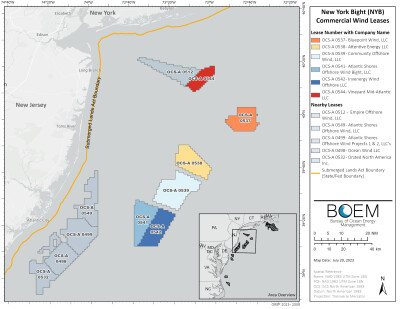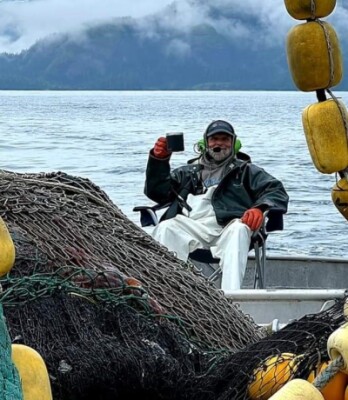Scientists have successfully mapped the whole genome sequence of the Atlantic salmon, a breakthrough that should accelerate selective breeding programs for farmed salmon and reduce the aquaculture industry’s impact on wild salmon stocks.
“This has the potential to improve the sustainability of aquaculture, to reduce feed demand and increase feed efficiency and it might lead to reduced susceptibility to disease in fish farms,” said Brian Riddell, president and CEO of the Pacific Salmon Foundation, a non-governmental conservation organization. “If we can improve the performance of aquaculture it will translate into less risk for the Pacific salmon.”
An international consortium of scientists and funding bodies — including Genome BC — based in Norway, Canada and Chile spent four-and-a-half years and $10 million to map the entire DNA sequence of about 3 billion characters, essentially the genetic instruction set required to grow and operate an Atlantic salmon. The sequence will be made available at no charge to researchers.
The announcement is to be made Tuesday at the International Conference on Integrative Salmonid Biology in Vancouver.
Read the full story at the Vancouver Sun>>






